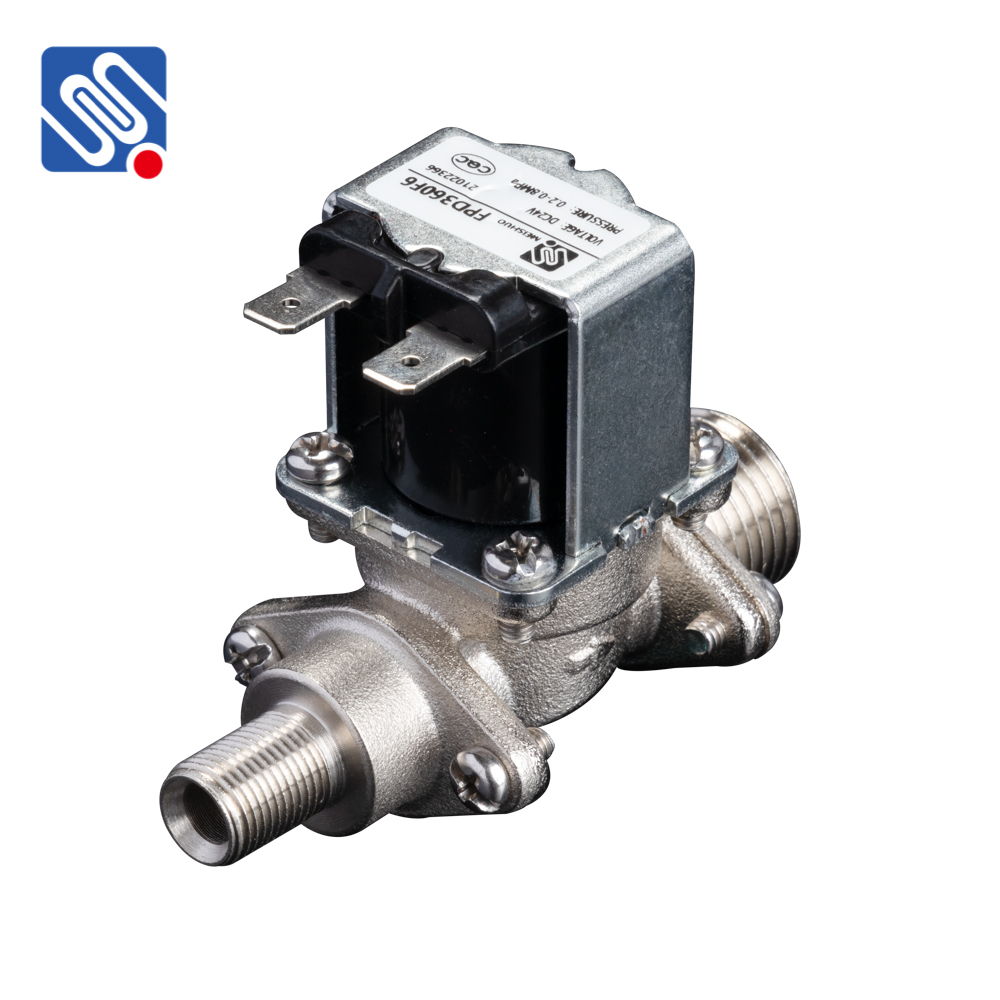Flow Control Solenoid Valves (FCSV) are essential components in various industrial and mechanical systems where precise regulation of fluid or gas flow is crucial. These valves function by utilizing the power of electromagnetic coils to control the opening and closing of valve ports, thus regulating the flow rate of liquids or gases through a system. This technology has widespread applications in industries like automotive, manufacturing, HVAC (heating, ventilation, and air conditioning), and robotics, among others.

What is a Flow Control Solenoid Valve? A Flow Control Solenoid Valve is a type of electromagnetic valve that uses an electrical solenoid to open or close a valve’s internal mechanism. The solenoid itself is a coil of wire that, when energized with electrical current, creates a magnetic field. This magnetic force moves a plunger or armature within the valve to either allow or restrict the flow of fluid or gas. The primary function of this valve is to adjust the rate at which the fluid or gas moves through a pipe or system. Flow control solenoid valves come in various types, including proportional valves, on/off valves, and pulse-width modulation (PWM) valves, each designed for different flow control needs. By adjusting the solenoid’s electrical input, operators can fine-tune the valve’s position, providing precise control over the system’s flow rate.